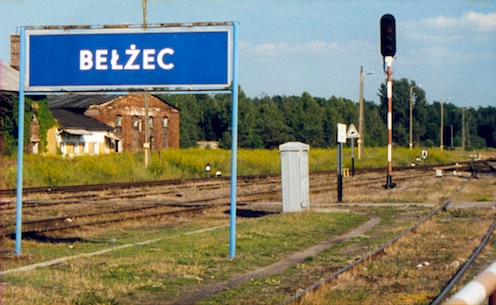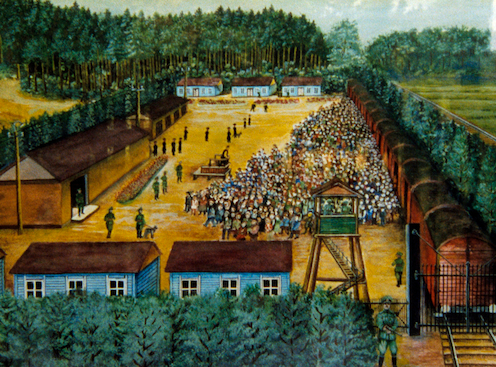Belzec
Full Description
Given the wealth of films on the Holocaust, it can sometimes prove difficult to acknowledge the importance of a new documentary on the topic. But the thoughtful and beautifully shot Belzec is a significant contribution because it quietly memorializes a concentration camp that existed for such a short period of time that its impact has almost been erased. Belzec, in eastern Poland, was one of the first camps (along with Sobibor and Treblinka) built to exterminate Poland’s Jews. More than 600,000 perished in gas chambers and mass graves there, but in 1943 the camp was razed and bodies burned in an effort to hide what had happened. The Poles interviewed for the film include people who lived close to the camps and those who were hired (some forcibly) by the Germans to build them. Historical details about the transports of the Jews from Lublin and the role of the "blacks"--Ukrainians in black uniforms--are painstakingly researched and revealed. But the film’s focus is on one of Belzec’s few survivors,
Braha Rauffmann, whose radiant face and quiet dignity are in sharp contrast to the details of her years as a child spent hidden in a cemetery and then a woodpile, where she had been secreted away by a Polish woman. When she was finally liberated from her hiding space, Rauffmann looked up at the heavens and asked those around her what the stars were--and they cried, because a nine-year-old girl had no memory of the sky.
Director(s)
Country(ies)
Language(s)
w/English Subtitle
Release Year
Festival Year(s)
Running Time
112


